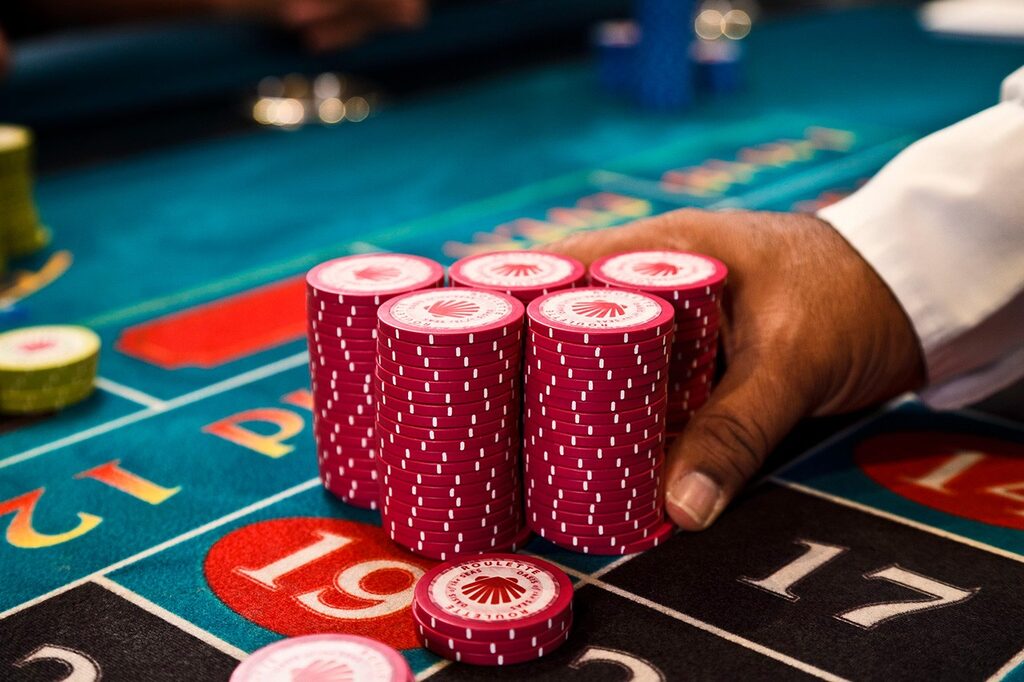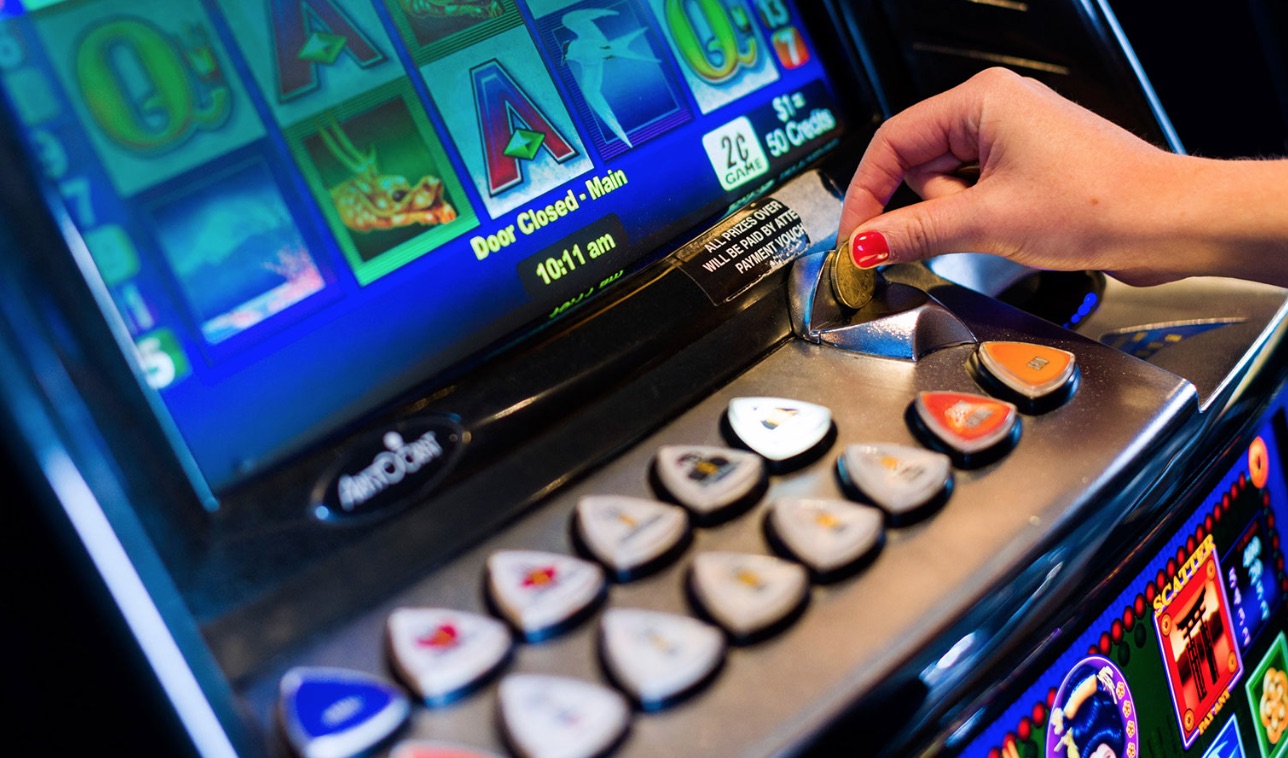Introduction
What Is Short Deck Poker: Short Deck Poker, also known as Six Plus Hold’em, is a captivating variant of the traditional game that has gained immense popularity in recent years. Unlike standard Texas Hold’em, Short Deck Poker is played with a reduced deck containing only 36 cards removing all the twos, threes, fours, and fives.
This alteration has a profound impact on the dynamics of the game, making it more action-packed and strategic. With the lower card rankings eliminated, the hand rankings in Short Deck Poker are adjusted to accommodate the reduced deck, creating a unique hierarchy where three-of-a-kind beats a straight and a flush beats a full house.
The shortened deck also leads to more frequent strong hands, which translates to more aggressive and thrilling gameplay. Drawing to powerful combinations becomes more accessible, resulting in more intense and frequent confrontations at the tables.
Short Deck Poker appeals to both seasoned professionals looking for fresh challenges and recreational players seeking a dynamic and fast-paced experience. With its strategic depth, strategic adjustments, and adrenaline-fueled showdowns, Short Deck Poker offers a captivating twist on the traditional game that is sure to keep players engaged and entertained.

What is the short deck rule in poker?
Hold’em played with a stripped-down deck. All of the deuces to fives are removed to make the total deck just 36 cards. That means some pretty big changes to the poker hand rankings, game dynamics and to standard Texas Holdem strategy.
The short deck rule in poker refers to the specific set of modifications applied when playing Short Deck Poker, also known as Six Plus Hold’em. In this variant, the traditional 52-card deck is reduced to 36 cards by removing all the twos, threes, fours, and fives. As a result, the hand rankings and rules are adjusted accordingly.
In Short Deck Poker, the hand rankings differ from the standard game. A flush is now ranked higher than a full house, and three-of-a-kind beats a straight. This modification significantly impacts the strategies and gameplay dynamics. With fewer cards in the deck, players have a higher likelihood of making strong hands, resulting in more aggressive and action-packed gameplay.
Additionally, the shorter deck can affect the probabilities of certain hands, leading to different strategic considerations and adjustments. These rule changes create a fresh and exciting twist on traditional poker, attracting both seasoned players looking for new challenges and recreational players seeking a faster-paced and exhilarating experience.
Why play short deck poker?
Playing short deck Hold’em makes it easier to hit a set than when playing the regular game. Short deck players holding a pocket pair have 2 cards remaining from the 34 to give them a set as opposed to 2 cards out of 50 in the regular game.
There are several reasons why players choose to play Short Deck Poker:
1. Action-packed gameplay: Short Deck Poker offers a faster and more action-packed experience compared to traditional poker variants. With a reduced deck, players are more likely to have stronger hands, leading to more intense confrontations and thrilling showdowns.
2. Strategic adjustments: The modified hand rankings and probabilities in Short Deck Poker require players to make strategic adjustments. This variant challenges players to think differently, adapt their strategies, and develop new approaches to maximize their chances of winning.
3. Fresh and exciting: Short Deck Poker provides a fresh and exciting twist on traditional poker. The rule changes and faster gameplay create a new level of excitement and intrigue, attracting both experienced players seeking a fresh challenge and recreational players looking for a dynamic and engaging experience.
4. Popular among professionals: Short Deck Poker has gained significant popularity in the professional poker circuit. Many top players enjoy the strategic depth and dynamic nature of the game, making it a preferred choice in high-stakes tournaments and cash games.
5. Variety and exploration: Playing Short Deck Poker allows players to explore a different variant of the game and expand their poker repertoire. It provides an opportunity to broaden one’s skill set, knowledge, and overall understanding of the game of poker.
Short Deck Poker offers a unique and exhilarating experience that appeals to players seeking a faster pace, strategic adjustments, and a fresh take on traditional poker.
What is a short deck?
Short deck may refer to: Short-deck hold ’em, a variant of poker. Stripped deck, a set of playing cards smaller than a full pack or deck.
A short deck refers to a modified deck of cards used in the variant of poker known as Short Deck Poker or Six Plus Hold’em. In Short Deck Poker, the traditional 52-card deck is reduced to 36 cards by removing all the twos, threes, fours, and fives. This leaves a deck consisting of only the cards ranked six and above in all four suits (hearts, diamonds, clubs, and spades).
The removal of these lower-ranked cards has a significant impact on the game dynamics. It alters the hand rankings and probabilities, resulting in more frequent strong hands and higher chances of making powerful combinations. This modification creates a faster and more action-packed gameplay experience, with players often encountering stronger hands and engaging in more aggressive play.
The short deck rule in Short Deck Poker adds a unique twist to traditional poker, attracting players who enjoy strategic adjustments, increased excitement, and the challenge of adapting their gameplay strategies to the altered deck.
Is Short deck solved?
The really exciting thing about this game is that it is not yet “solved” which means there are many different ways to play it, and there is no one to say which way is the best for sure.
Short Deck Poker is a relatively new variant of poker that gained popularity in recent years, and it does not have a well-established solved strategy like some other traditional poker variants. Solving a poker game involves determining the optimal strategy that guarantees a player’s best possible outcome in every situation.
Given the complexity of Short Deck Poker and the reduced deck size, it presents unique challenges for developing a fully solved strategy. The strategic adjustments, altered hand rankings, and increased frequency of strong hands make it a dynamic and evolving game where new strategies and approaches are continually being explored.
While there are strategic concepts and guidelines that have been developed for Short Deck Poker, such as the importance of drawing to strong hands and adjusting hand ranges, the game is still open to innovation and refinement. Players continue to study and analyze the variant, seeking to uncover optimal strategies and exploit any potential imbalances in the game.
Therefore, Short Deck Poker remains a game that offers ongoing opportunities for strategic exploration and development, and it is not considered fully solved at this time.
How do you win a short deck?
- Short-Deck Poker Rules. Before you start playing short-deck poker, you must learn all the rules of the game.
- Don’t Shy Away From Draws.
- Hitting Flush.
- Focus More on a Straight.
- Ditch Big Pocket Pairs.
- Connected Hands are Strong.
- Don’t be Afraid to Overbet in Short-Deck Poker.
- Hand Equities Run Much Closer.
To increase your chances of winning in a short deck game, consider the following strategies. Firstly, understand the rule variations and adjust your gameplay accordingly. Short deck games often remove certain cards, affecting hand rankings and probabilities.
Secondly, focus on drawing strong starting hands, as the reduced deck size means higher-value hands are more likely to occur. Play aggressively with premium holdings, such as high pairs, suited connectors, and broadway cards. Additionally, pay attention to position and adjust your strategy accordingly, as it can greatly impact your decision-making.
Positional awareness allows you to make informed choices based on your opponents’ actions. Lastly, be adaptable and willing to adjust your tactics based on the changing dynamics of the game. Short deck games can be highly volatile, so maintaining a flexible approach and making timely adjustments can improve your chances of success.
Who invented short deck?
Paul Phua and Richard Yong invented short deck poker as a way to create more action and give newer players a better chance over amateurs. Because of the decrease in cards, there are less trash hands preflop and players can play a much wider range of hands.
Short deck, also known as Six Plus Hold’em, was invented by poker player Danny Tang and introduced to the poker community around 2014. The game gained popularity in the Asian high-stakes cash game scene before spreading to other parts of the world. Short deck differs from traditional Texas Hold’em by removing the twos, threes, fours, and fives from the deck, resulting in a deck with only 36 cards.
This modification affects hand rankings and probabilities, creating a more action-packed and exciting gameplay. Since its introduction, short deck has become a popular variant in both cash games and tournament formats, attracting attention from professional players and recreational enthusiasts alike.
What is the probability of short deck?
Players have an 8.6 percent chance to get a pocket pair in Short Deck versus 5.9 percent in Texas Hold’em. The chances to hit a set are much more likely in Short Deck a 12.7 percent chance to hit trips by the river.
The probabilities in short deck, also known as Six Plus Hold’em, differ from traditional Texas Hold’em due to the removal of certain cards from the deck. In short deck, the deck consists of only 36 cards (removing the twos, threes, fours, and fives), which impacts hand rankings and probabilities.
Here are some key differences in probabilities compared to traditional Hold’em:
1. Higher hand rankings: In short deck, a flush beats a full house due to the reduced number of cards in the deck. The hand rankings typically follow this order: high card, pair, two pair, straight, flush, full house, four of a kind, straight flush, and royal flush.
2. Increased frequency of certain hands: The removal of lower cards increases the likelihood of making strong hands like flushes and full houses. Consequently, these hands occur more frequently in short deck compared to traditional Hold’em.
3. Adjusted odds for specific hands: The probabilities of making certain hands, such as a flush or a straight, are adjusted in short deck due to the modified deck composition. The exact probabilities depend on the specific hand and the number of players involved.
It’s important to note that calculating precise probabilities in short deck can be complex and may require specialized software or simulations.
What is Ace in short deck?
The lowest possible straight in a game of short-deck poker is Ax9x8x7x6x (think of the ace as essentially replacing the missing 5x). Poker short-deck is played similarly to regular hold’em.
Ace in a short deck refers to the playing card with the highest face value, traditionally represented by the letter “A.” In short deck poker, also known as Six Plus Hold’em, the deck consists of only 36 cards, with all the deuces, treys, fours, and fives removed. As a result, the ranking of hands is altered, and the value of certain cards changes compared to standard poker games.
In short deck, the Ace assumes a particularly significant role. It retains its high value as the top card, able to form a straight with both a King and a 6, and can also function as a low card to complete an Ace-2-3-4-5 straight. Consequently, the Ace becomes a versatile and powerful card in short deck poker, influencing the strategic decisions and hand rankings of players.

Conclusion
Short deck poker, also known as Six Plus Hold’em, is an exciting variant of traditional poker that has gained popularity in recent years. With a reduced deck size of 36 cards, the game introduces unique gameplay dynamics and strategic considerations. The absence of deuces, treys, fours, and fives alters the hand rankings and probabilities, adding an element of surprise and unpredictability to each hand.
Short deck poker places a particular emphasis on the value of certain cards, notably the Ace, which can function both as a high card and a low card in forming straights. This versatility adds complexity to decision-making and requires players to adapt their strategies accordingly.
The condensed deck and modified hand rankings create a faster-paced game with more frequent action and intense confrontations. Short deck poker appeals to both experienced players seeking fresh challenges and newcomers looking for an exciting twist on traditional poker.
As the popularity of short deck poker continues to grow, it offers a thrilling alternative for poker enthusiasts, requiring them to adjust their strategies, exploit new opportunities, and embrace the unique dynamics of this captivating variant.









